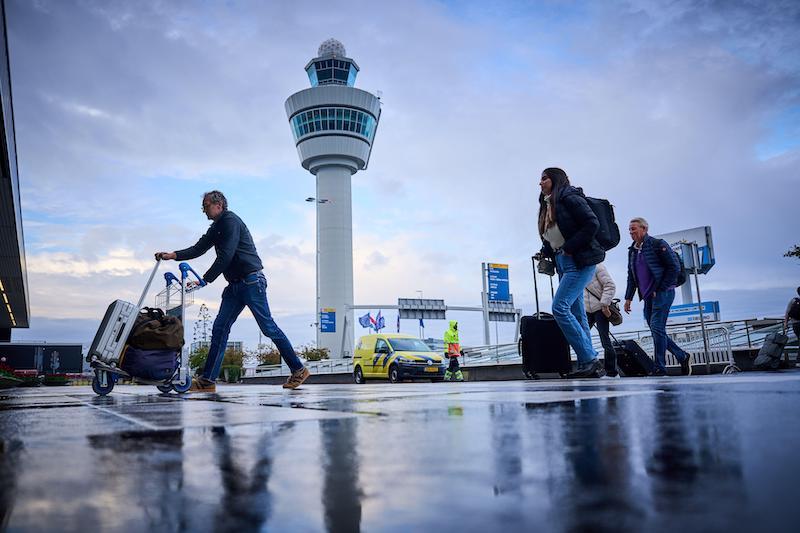
ISTANBUL—Industry-wide agreed policies on managing noise levels around commercial airports will be key to supporting the case of KLM Royal Dutch Airlines and other carriers in a court appeal later in June, in which the Dutch government will again attempt to cut flights at Amsterdam’s Schiphol Airport.
Home hub carrier KLM—along with IATA and carriers like Delta Air Lines, Corendon Airlines, easyJet and TUI—won their court challenge against the Dutch government earlier in 2023. The cut would have reduced flight movements at Schiphol, a major European hub, from 500,000 to 440,000 per year. IATA said the Dutch government disregarded the Chicago Convention in imposing the new limits without industry consultation.
The appeal case will be heard on June 21, and if the Dutch government wins, it could mean airlines having to make last-minute cuts to their summer schedules.
“There is no precedent or methodology for this,” IATA Director General Willie Walsh said June 5 during the 79th IATA annual general meeting (AGM) in Istanbul. “It also means new operators will be unable to get slots, reducing competition.”
Walsh also said that the government did not honor its decades-long commitments under the ICAO’s so-called “balanced approach” on noise management.
“Ignoring the rules-based order established by global standards is a slippery slope to confusion that we airlines can ill afford, and our customers will not tolerate,” Walsh said.
The balanced approach consists of identifying the noise problems at a specific airport and analyzing various measures available to mitigate them. There is a four-step approach to mitigation: looking at how to reduce noise at the source; how to adapt land-use planning; analyzing noise-abatement operating procedures; and finally, operating restrictions. The Dutch government’s mandate appears to have jumped to the fourth step—flight restrictions—without consulting industry about the alternatives.
Speaking to Air Transport World on the sidelines of the IATA AGM, KLM President and CEO Marjan Rintel said a reduction in movements should be a “last-resort step.”
Rintel said KLM and the other airlines were focused on the balanced approach and the operational measures that could be taken. “That’s the first objective,” she said, adding that there was confidence that the appeal would at least mean all the airlines would be “at the table” to get “a fair hearing.”





